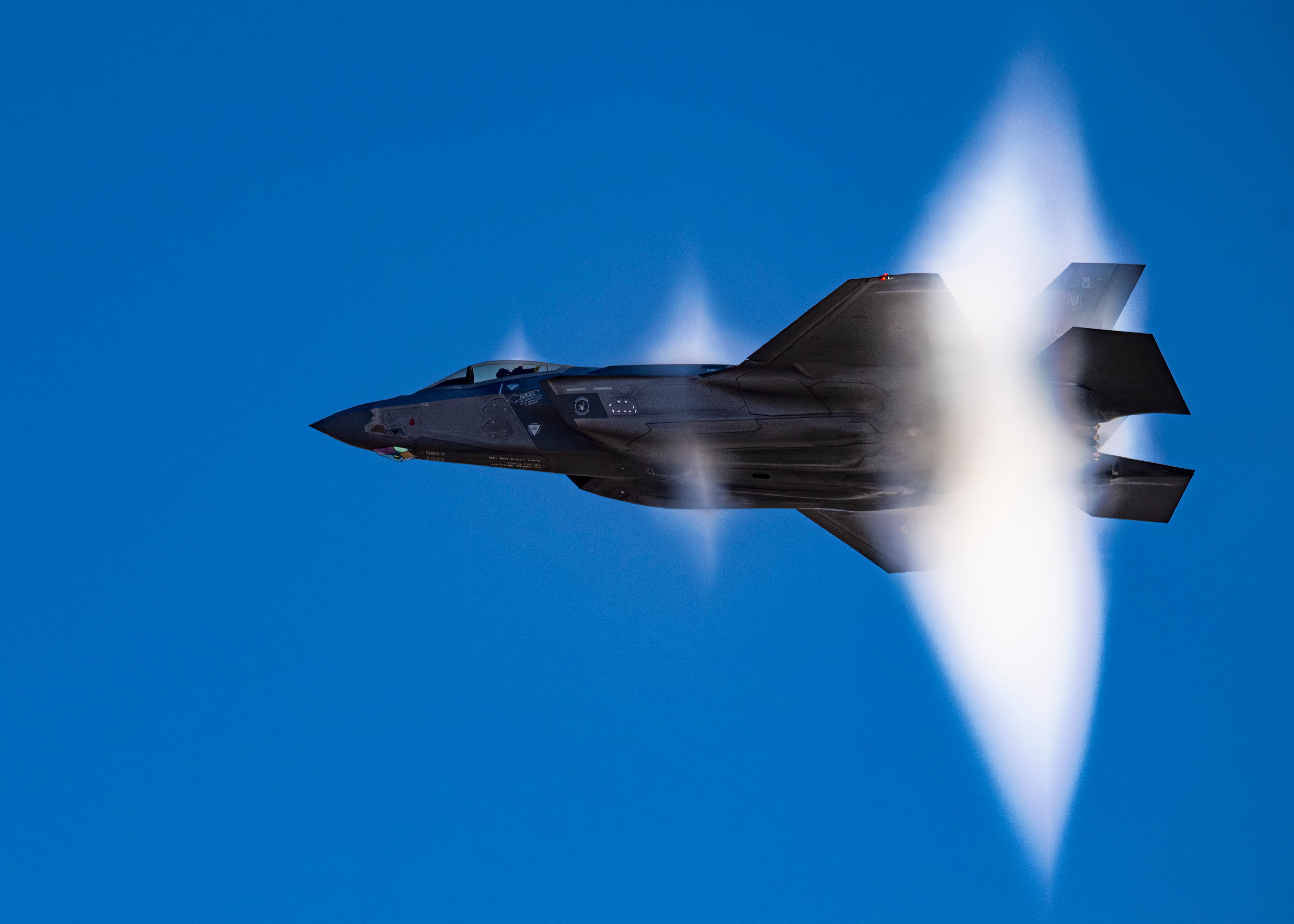HELSINKI — Concerned about the growing influence of foreign propaganda and disinformation across Swedish media, including by Russian state multimedia news outlets, Sweden plans to join is planning to further deepen its military and security cooperation with NATO's by joining StratCom (Strategic Communications (StratCom) agency, which leads development of the Western alliance’s dedicated resource tasked with developing effective counter information warfare, cyber defense and counter-disinformation strategies. and digital weaponry.
The decision to open a formal dialogue with NATO and its StratCom’s Center of Excellence (StratCom CoE) opened in Riga, Latvia, is directly influenced by Sweden’s need to strengthen its information warfare planning and offensive capabilities in the face of the growing influence of Russian state multi-media news outlets in the region.The Riga CoE, which was opened in January, and is backed by seven NATO members nations at present. These include Latvia, Estonia, Lithuania, Germany, Italy, Britain and Poland.
Other NATO members states in the Nordic-Baltic region, including Denmark, Norway and non-aligned Finland, are also showing an interest in joining StratCom. as full members at some future stage.
Finland, along with the US and the Netherlands, have cyber defense experts assigned to StratCom under a Voluntary National Contributions' agreement.
A Partnership for Peace (PfP) ally of NATO, Sweden is expected to present a formal application to join StratCom in 2016, potentially becoming the first non-NATO state to do so.
Fighting the war on Propaganda and disinformation have emerged as real threats to national security, said Swedish Defense Minister Peter Hultqvist. Sweden, he said, needs to up-skill and increase its planning and preparedness.
"We not only need to strengthen our skills but also participate in this environment in partnership with other countries," said Hultqvist.
Sweden’s closer defense ties -deepening with NATO also has raised the possibility the country may apply to join the UK-led rapid response Joint Expeditionary Force (JEF).
Moreover, in September, the formerly anti-NATO Center Party voted to pursue NATO membership as part of its official political platform, becoming the latest political party to adopt this position.
StratCom’s primary focus, since it became operational in 2014, has been to investigate and test on investigating and testing the efficiency of different strategies to identify and combat propaganda, information warfare and disinformation, particularly in relation to the activities of Russia in Ukraine and the Islamic State (IS) in Africa, the Middle East and in Europe.
With Riga as its CoE hub, StratCom currently operates at every level of the NATO command structure as well as in actual missions and exercises. The organization is becoming the go-to support resource for NATO on information warfare and related issues.
StratCom CoE’s core projects are directed by NATO’s Allied Command Transformation and Allied Command Operations, as well as by Latvia’s Ministry Defense. A large part of The organization largely focuses is on improving capabilities to identify the early signals of hybrid warfare by Russia or the Islamic State, and to develop effective countermeasures. ’ weaponry.
Sweden’s state security agencies are becoming increasingly concerned over the use of international multimedia news services, such as the Russia’s Sputnik, in addition to the use of social media outlets to spread in spreading disinformation and racial hatred, particularly within the country’s expanding Muslim and ethnic communities.
The primary objective for Sweden is to tap into NATO’s cyberspace information weaponry capabilities to position itself to better combat fight the propaganda war against state-sponsored propagandist media like Sputnik, said Jupp Hanke, a Berlin-based political analyst.
Rossíya Sevódnya, founded by a decree of the Russian president in December 2013, launched Sputnik's Swedish and Norwegian language news services in the first half of 2015. Sputnik has repeatedly ridiculed efforts by Sweden and Finland to deepen their military relationships with NATO.
"The information war is a very real. Sputnik is regarded by political leaders and the security communities in Sweden and Norway as a crude tool of Russian state propaganda that delivers the Kremlin’s uncensored worldview," said Jupp Hanke said. , a Berlin-based political analyst.
By expressing its interest to join StratCom, Sweden is declaring its intention to both foster closer ties to NATO and combat what it sees as the Kremlin-led propaganda war in the High North and Baltic Sea areas, Hanke said.
"We are seeing a new war for control of information in cyberspace. For NATO and countries like Sweden, the main battle will be fought against propaganda that is deliberately structured to fuel public unrest and cause domestic tensions. Sweden wants to re-engage in this battle at a skill level far higher than the Cold War era," Hanke said.
Initial contacts and dialogue between Sweden and StratCom have included visits by MSB, (Myndigheten för Samhällsskydd och Beredskap), the state-run civil contingencies authority.
MSB’s remit includes collaboration and intelligence-sharing with key state organizations, including the armed forces’ military intelligence service MUST, (Militära Underrättelse- och Säkerhetstjänsten), the Ministry of Defense (MoD) and the national security agency Säpo (Säkerhetspolisen) to combat the dissemination of hate campaigns, xenophobia and disinformation through foreign-controlled digital media channels in Sweden.
Sweden is seeing a trend toward increased use of propaganda and disinformation intended to cause internal public unrest, said Mikael Tofvesson, the MSB's director of Emergency Preparedness.
"It is difficult to single out any specific foreign power, but there are different actors involved in this. The focal point is fear and xenophobia and these are being stoked by foreign actors. This is a clear trend we are seeing," Tofvesson said.
Security services in Sweden said believe that there is a connection between recent digital and social media campaigns and attacks on refugee centers and ethnic minority groups in Sweden. The government has responded by deploying heat-seeking helicopters to increase protection around refugee residential centers.
Email: godwyer@defensenews.com








